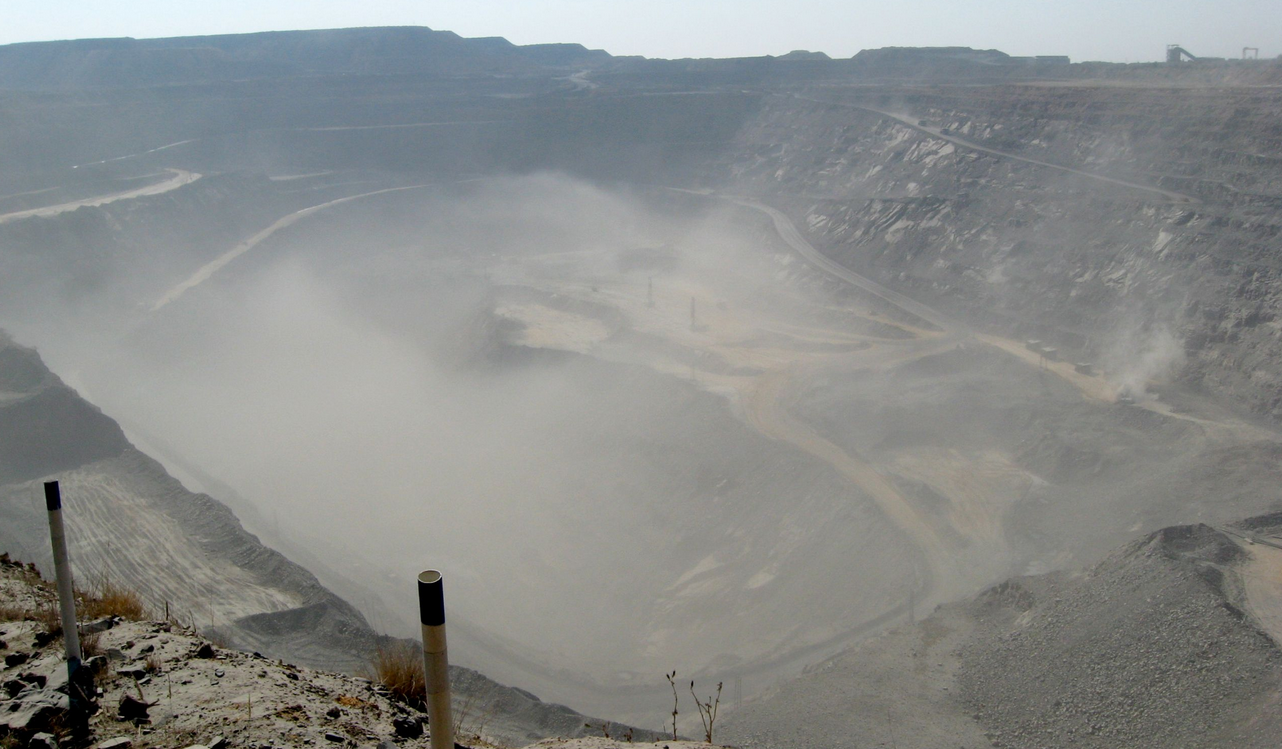Responding to the Nigerian government’s receipt of our application filed with the Economic Community of West African States (ECOWAS) Court of Justice to demand justice for cases of enforced disappearances recorded in the Northeast of Nigeria, Isa Sanusi, Amnesty International Nigeria Director said:

“By allowing the military to carry out thousands of enforced disappearances in the country’s Northeast and subsequently failing to genuinely and effectively investigate and prosecute those responsible, the Nigerian government has violated its international and regional human rights obligations and has failed victims.
“The ECOWAS Court represents one of the few remaining avenues for accountability and justice for victims of enforced disappearances in Northeast Nigeria and their families, who deserve to know the fate and whereabouts of their loved ones. The ECOWAS court can help bring about justice by clearly calling out as human rights violations the failure of the Nigerian authorities to properly investigate and prosecute.”
“We welcome the receipt of our application by the Nigerian government, symbolizing that this is now a pending case, and the victims will get their day in court. But this is just the first step. We call on the Nigerian authorities to cooperate closely with the Court in its proceedings, to conduct an independent, impartial and effective investigation into all cases of enforced disappearances in Northeast Nigeria, and where admissible evidence exists, to prosecute all those suspected of criminal responsibility in relation to the disappearances.”
Isa Sanusi, Amnesty International Nigeria Director

Background
In its 2015 report, Stars on their shoulders. Blood on their hands, Amnesty International concluded that Nigerian security forces have committed war crimes and other serious human right violations, including enforced disappearances, during the course of its military operations in Northeast Nigeria against the armed group, Boko Haram. The whereabouts of thousands of people detained by Nigerian forces in the Northeast still remain unknown. To date, Nigerian authorities have failed to conduct genuine, independent and effective investigations and prosecutions of these crimes.
Last month, Amnesty International, together with the Sterling Centre for Law and Development and 23 victims and survivors, filed a case at the ECOWAS Court to seek long-awaited justice, truth and reparations for those disappeared and their families.









